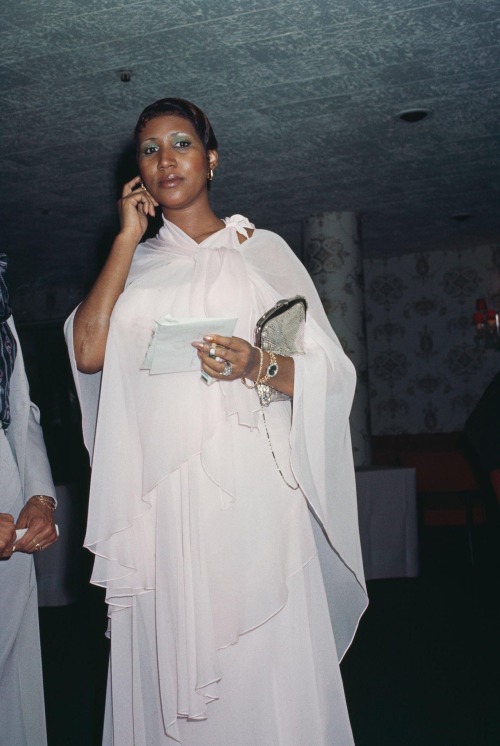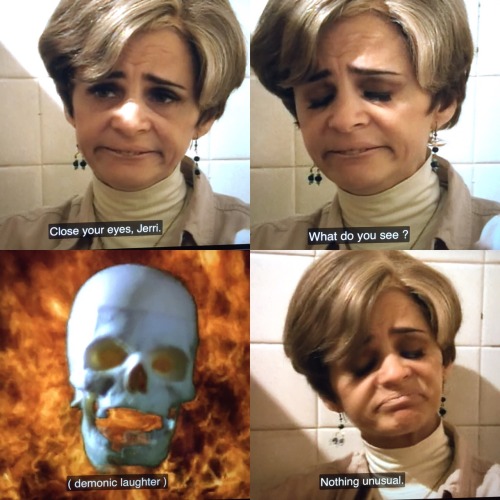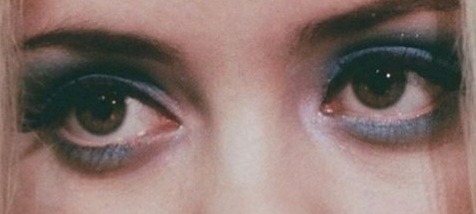
tannins2
74 posts
Latest Posts by tannins2












Jane B. par Agnès V. / Jane B. by Agnès V. (1988) | dir. Agnès Varda

— MIKHAIL BULGAKOV, from ‘The Master and Margarita’, translated by Richard Pevear and Larissa Volokhonsky.


JOAN BAEZ IN FESTIVAL (1967) — dir. Murray Lerner

Amazing how they are all repulsive in their own unique way like Batman villains.












HOME AWAY FROM HOME (1993) dir. MAUREEN BLACKWOOD

Assotto Saint, Nuclear Lovers


Francis Horne
Weeping Frog Woman, n.d.

she's so cozy
So this is healing, then, the opposite of the ambiguous dread: fullness.
- What My Bones Know, Stephanie Foo




real one
Tom Waits reads Bukowski’s poem “The Laughing Heart”.

SITTM Dominique Burnside


Joan Baez photographed by David Redfern.

'a mother + daughter, newport wales, photo martin parr, 1988' in hair: fashion + fantasy - laurent philippon (2013)

leonard cohen, "one of these days"





abandoned cultural center in germany









blue eyeshadow

Contemplation
Mototaki, Akita, Japon
Takeshi Shikama




Thinking about all of Amy’s ballet slippers and how much her feet must have hurt all the time

Isabelle Huppert par Dominique Issermann, 1980

18 east x earth studies (2024)




when will chris fleming thrive in this evil industry







Staff Pick of the Week
My first pick as a staff member at UWM’s Special Collections is The Women Who Hate Me by Dorothy Allison (b. 1949), published by Long Haul Press in Brooklyn, 1983. This small, intimate book of poetry also features illustrations by Laurie McLaughlin.
Born in Greenville, South Carolina to a fifteen-year-old unwed mother, Allison grew up in a very poor, working-class family in the 1950s. Her burgeoning lesbian identity and strained/abusive relationship with her stepfather left her feeling ostracized and out of place. After attending Florida Presbyterian college and the New School of Social Research for anthropology, she found solace in a community of other feminists and eventually made a career for herself developing stories and poems often based on her experiences. She would receive mainstream recognition at the publishing at her 1992 novel, Bastard Out of Carolina.
What cannot be overlooked in Allison’s writing is her honesty and ability to lay everything bare; to articulate what is seen but never said, as gut-wrenching and brutal as it may be. With themes of sexual abuse, child abuse, class struggle, women, feminism, lesbianism, and family throughout, she dedicates this collection of poetry to “the women who hate me who made me angry enough to write these poems,” and “for the women who love me who read the poems and helped me pull all the pieces together.”
- Grant, Special Collections Undergraduate Intern









